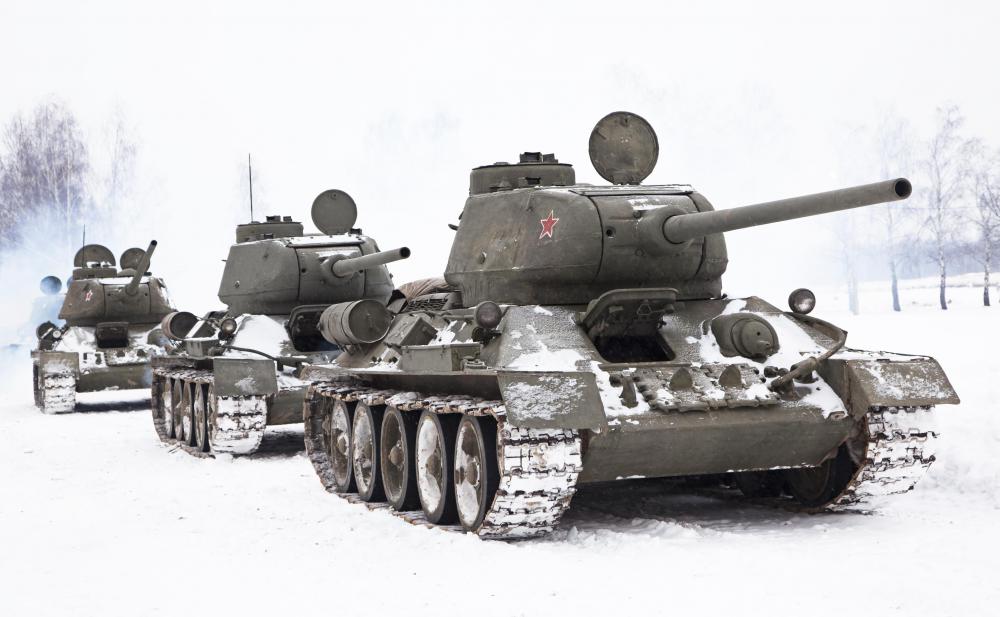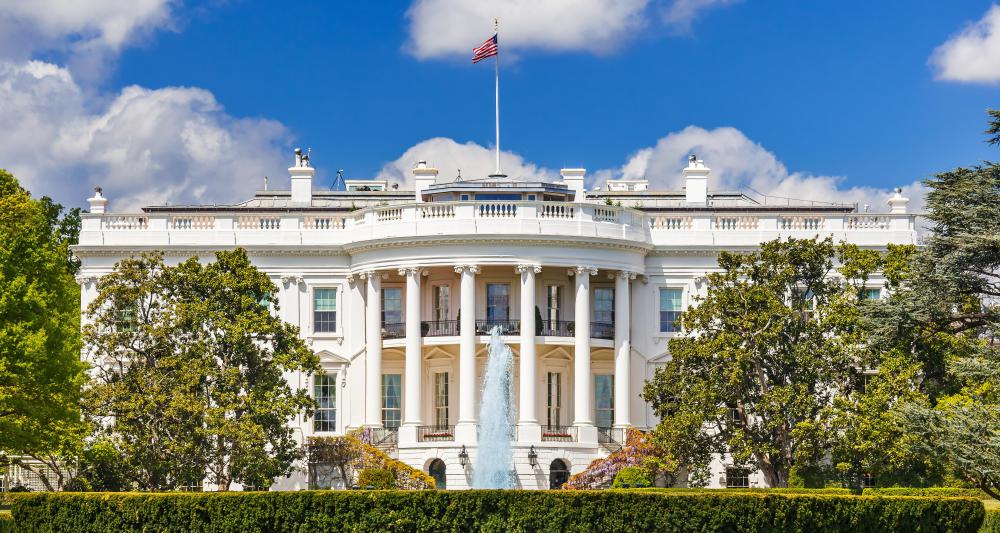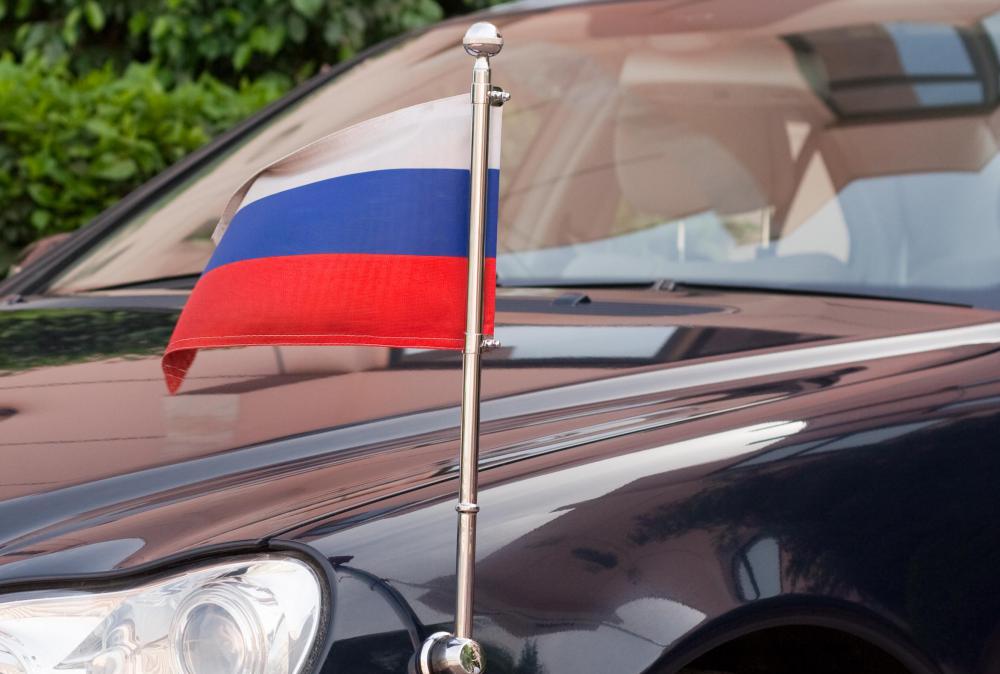At MyLawQuestions, we're committed to delivering accurate, trustworthy information. Our expert-authored content is rigorously fact-checked and sourced from credible authorities. Discover how we uphold the highest standards in providing you with reliable knowledge.
What is Executive Power?
Executive power is the power granted to the executive branch of a democratic government. In a parliamentary system, the executive in charge of the government is the prime minister. There is usually a monarch in charge of state matters in a parliamentary system. In a presidential system, the president is in charge of the government and is head of state.
The executive branch is responsible for the daily administration of the government’s bureaucracy. Most democratic systems separate powers among the executive branch, the legislative branch, and the judicial branch. Each branch has a certain set of powers that it may exercise in order to keep these powers separate and to preserve individual liberties.

Normally, the executive power includes acting as the head of the government, overseeing foreign policy, carrying out the laws, and acting as commander in chief of the government’s military. Each of these powers is complex. The executive branch of a government might employ many people. The person holding the executive power is the chief executive officer of this organization.

The head of the government using its executive power manages a government bureaucracy that may be small or very large, depending upon the country in which the government is located. The functions of the state are run by the head of government, and this branch determines how the laws are to be implemented and managed. Under certain circumstances, the executive may create an executive order that is not required to go through the legislative branch to become law.

Executive power includes foreign policy oversight. The executive appoints ambassadors to each of the different foreign nations in which the country has an embassy. These ambassadors and their staffs are in place to assist the executive with acquiring regular information about each of the countries in which they have been placed. This information, in conjunction with the information collected from the home country, helps mold foreign policy developed by the executive and his or her advisers.
Acting as commander in chief of the country’s military is a large role of the executive branch. The executive works with his or her advisers to determine what actions, if any, a branch of the military should take. This responsibility runs closely with the foreign policy oversight role, as the executive must determine if it is necessary to send the country’s military into battle or some form of peace-keeping role in another country. This power might be used to enter into a war without a declaration of war. A declaration of war is usually an act of the legislative branch.
AS FEATURED ON:
AS FEATURED ON:













Discuss this Article
Post your comments